Address by H.E. Ms. Nataša Pirc Musar, the President of the Republic of Slovenia, at the 80th Session of the United Nations General Assembly General Debate
Madam President, please accept my warmest congratulations on your election at this historic, 80th anniversary of the United Nations. Your election underscores the vital importance of including women in decision-making processes.
Ladies and Gentlemen, Excellencies:
In 1945, the end of the Second World War was greeted with celebration, and hopes were placed in a new era of peace and co-operation, embodied by the creation of the United Nations. However, those hopes were soon overshadowed by the onset of the Cold War. When it ended in 1991, we once again dared to believe that this would pave the way to the vision of lasting peace, security and co-operation as enshrined in the UN Charter. Sadly, that vision has not materialized. In fact, the situation has worsened. Here is why.
Firstly, the Security Council, envisioned as the very pillar of collective security, is failing to meet the expectations of the world – if it ever has. The Permanent Five were supposed to be role models for the rest of the world, working for peace. They work in their own interests instead.
Secondly, the promise of the Sustainable Development Goals is faltering. Progress is lagging, and with cuts in development assistance, millions of the world’s poorest are pushed further away from access to even the most basic services.
Thirdly, international law appears to stand at the precipice of irrelevance. The independence of elected international judges, the integrity of human rights institutions, personal security of human rights defenders, and the authority of this Organization are under siege.
Fourthly, the Genocide Convention risks becoming a relic of the past. Some states have put the International Criminal Court to its greatest challenge ever. Its prosecutors, whose only duty is the pursuit of justice, and its judges, whose responsibility is to uphold the law, our international law, now face sanctions and intimidation. As if the states that sanction them would prefer to shield the alleged perpetrators of atrocities, rather than confront the truth and help deliver justice.
Fifthly, the landmark opinion of the International Court of Justice, affirming that international law obliges states to prevent harming the climate, already feels obsolete.
And finally, states are withdrawing from the Paris Climate Agreement, from the Ottawa Treaty, and from UN agencies, or simply cutting their financing. Each such act chips away at the support for multilateralism, a system designed not for the powerful few, but for the benefit of us all.
Madam President, how are we to explain these trends to our electorates, to our people, and, above all, to our children?
Shall we tell them that this is the new normal? That might makes right? That the strong may seize what they want – because they can? That they may kill with impunity – because they can? That they may pollute, wage wars, and trample on international law – just because they can?
Are we prepared to look our children in the eyes and say: “This is the world you’ll inherit, and there’s nothing we can do about it”?
With the adoption of the Pact for the Future last year, we have charted a path toward a stronger, more forward-looking United Nations. But we must now create the conditions to fulfil our commitments. One way forward is to establish a permanent advocacy network to give the Pact unconditional, sustained political support. To this end, I propose the creation of a Global Forum for the Future: an inclusive movement of states committed to multilateralism, mutual respect and the defense of our shared vision. A movement determined to stand up for the Pact and drive its implementation at every level.
As states consider how to implement the Pact for the Future, some solutions may be seen as inconvenient today. But in the long run, they are not optional. They are systemically necessary.
The first example is the reform of the Security Council. We all recognize that it is the principal organ entrusted with the maintenance of international peace and security. But what it is not – and must never be – is a body that stands above international law to defend the interests of some at the expense of others.
Jus cogens norms must be safeguarded as a matter of principle. If the prohibitions against genocide and crimes against humanity are accepted as jus cogens norms, can any permanent member claim a legitimate veto right in such circumstances? Member States have attempted to address this question through many reform proposals, with minimal progress. That is why we must dare to go further – now. We, the General Assembly, must take a bold step and request an advisory opinion from the International Court of Justice on this very question.
Second, we must confront the gap between our words and actions on gender equity. Progress has been made, but far too modestly. Over the past 80 years, only 13% of leaders in multilateral organizations have been women! And no woman has ever served as Secretary-General of the United Nations. This must change.
So, excellencies, ladies and gentlemen – let us make history! Today, the 80th Session of the General Assembly is led by only the fifth woman to hold the presidency. By the end of this session, she should be joined by a Madam Secretary-General-elect. A living proof to four billion women that even the “most impossible job” is not beyond their reach.
But gender representation is not enough. What we must achieve is actual gender equity, because it benefits not only women and girls, but entire societies. True equity requires systemic change, and so women’s empowerment must remain at the heart of our global agenda. International organizations must weave a gender perspective into every strand of policy-making. And that should be a result of effective participation of women and girls themselves. Electing a Madam Secretary-General would be historic, but it must only be the beginning of a much deeper transformation.
Madam President, the Pact for the Future sets out clearly what must be done to change our world for the better. I have mentioned only two of the many challenges we must confront decisively. But we can only succeed as a community if we accept that there is no future for humanity without a fundamental change.
The mandate of the Global Forum for the Future would be to push towards such a change. This is why it must be inclusive. It must not be merely a coalition of countries. It must inspire hundreds of millions – even billions of people. For when it comes to human dignity, the constituency of like-minded individuals is vast, diverse and knows no borders. Human dignity is indivisible. We must fight for it, no matter how great the obstacles. And there are many.
Think of hunger. Time and again, humanity rose across continents to confront the scourge of hunger. To no avail. Worse still, hunger is now being weaponized – turned into a tool of war! We receive reports on a daily basis of how women and children are starved because they are marked as legitimate targets, as enemies. How cruel, how inhumane, is that, ladies and gentlemen?
We cannot allow this to happen any longer. Forty years ago, musicians stood against hunger. Instead of guns, they – the Band Aid – used music. The world heard them, but they were not loud enough, as hunger has not been eradicated. Today, we have science. We can address, on a scale, beyond imagination, not only hunger, but every act of violence against human beings, and all human fears.
Granted, science, technology and global connectivity are too often twisted by cynical leaders and war-mongering regimes. But they can also be harnessed for the common good! Artists, influencers and visionaries with audiences of millions can join forces with the governments of like-minded nations. Together, their voice in defense of humanity could become irresistible. Together, they – we – can demand real action by all governments, all world and community leaders, on the Pact for the Future and hold to account those who betray human dignity to its very core: through wars of aggression, genocidal policies and crimes against humanity. If we join forces and make ourselves heard, nobody can ignore us, not even the most arrogant governments and individual politicians.
Of course, such initiatives cannot emerge out of thin air. They require leadership – strong, inclusive and fearless leadership! We, the leaders of today, are only transient custodians of power. Some of us may not be here after the next election. But that is precisely why we must act now. Our responsibility and destiny will be judged by how we treat our planet and its people today. We simply cannot afford silence, ignorance, or passivity – not while we hold power and possess the power of the word.
Hesitation is not an option, Madam President. For most of us, members of the UN, it is not might that makes right – it is the opposite. We must not allow the powerful few to ignore us. We must not surrender to a world where power alone prevails. We, the majority of UN members, must be role models. We must work for a different world.
The Global Forum for the Future can be a platform for the much-needed transformation in which partnerships with non-state actors and companies are indispensable. Profits must finally serve development for all. Innovation and sustainability must drive tolerance, mutual respect and inclusive dialogue.
Is that too much to ask? If we, the leaders of this planet, can offer nothing but terror, conflict, pollution, fear, inequalities and war to eight billion people, then we must confront the truth: we are complicit in crimes against our civilization and our planet. And not just us, heads of states, but leaders of international institutions, CEOs, and every individual with the power to make a difference, share this responsibility. None of us can claim ignorance of what is at stake.
If we believe in human dignity for all, we must deliver more: a world that fulfils lives, not threatens them. We must say YES to inclusive multilateralism, and a resounding NO to multipolarism. Let us show that this General Assembly can and will make a difference, as it has often done before. Let us demonstrate that we reject arrogance, hatred and willful blindness to a lack of equality and justice, to wars of aggression, crimes against humanity, and genocide – because they tear us apart, for generations. And let us proclaim, in all seriousness and sincerity, that we embrace personal and collective responsibility to uphold humanity, sustainable development, and international law – because this will keep us together as a civilization. For generations.
Thank you.

